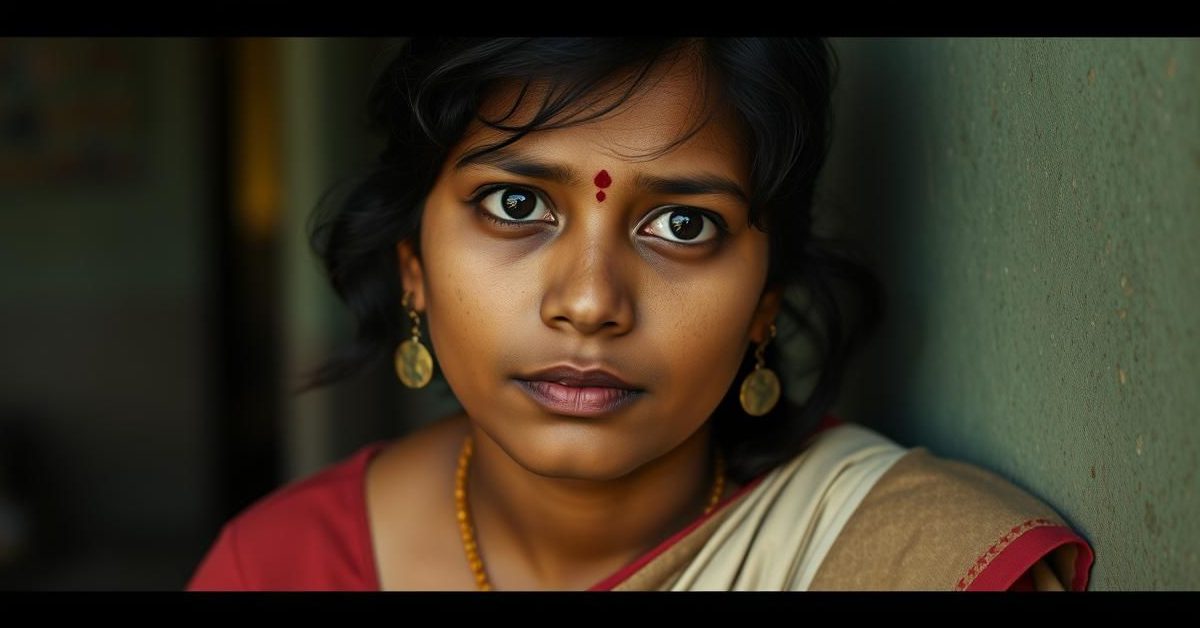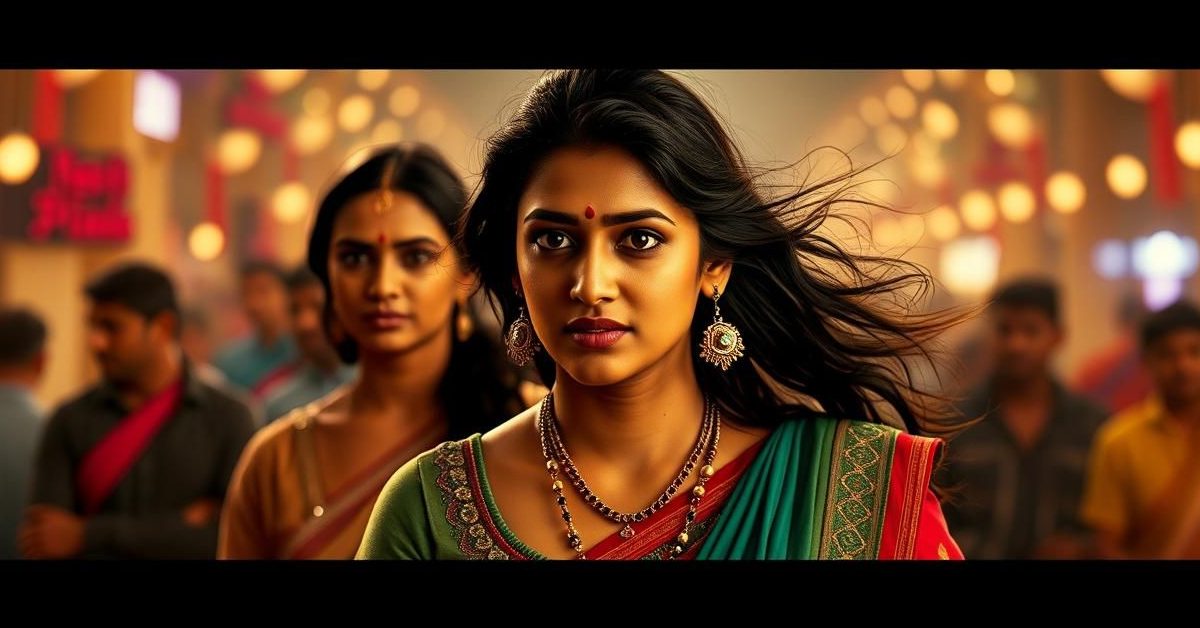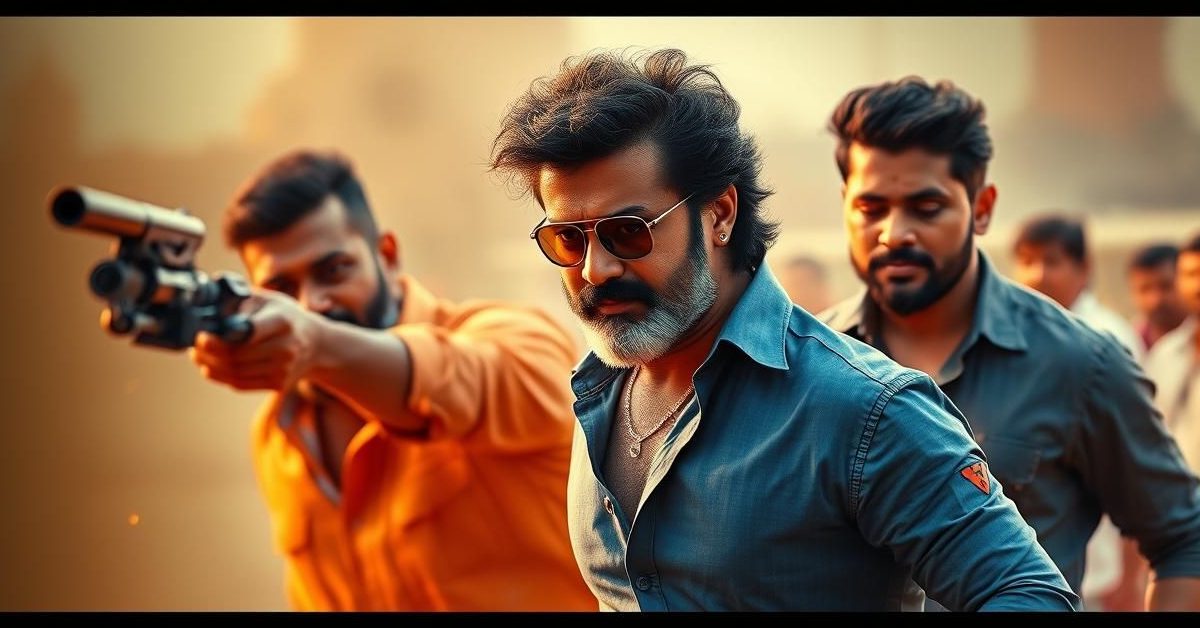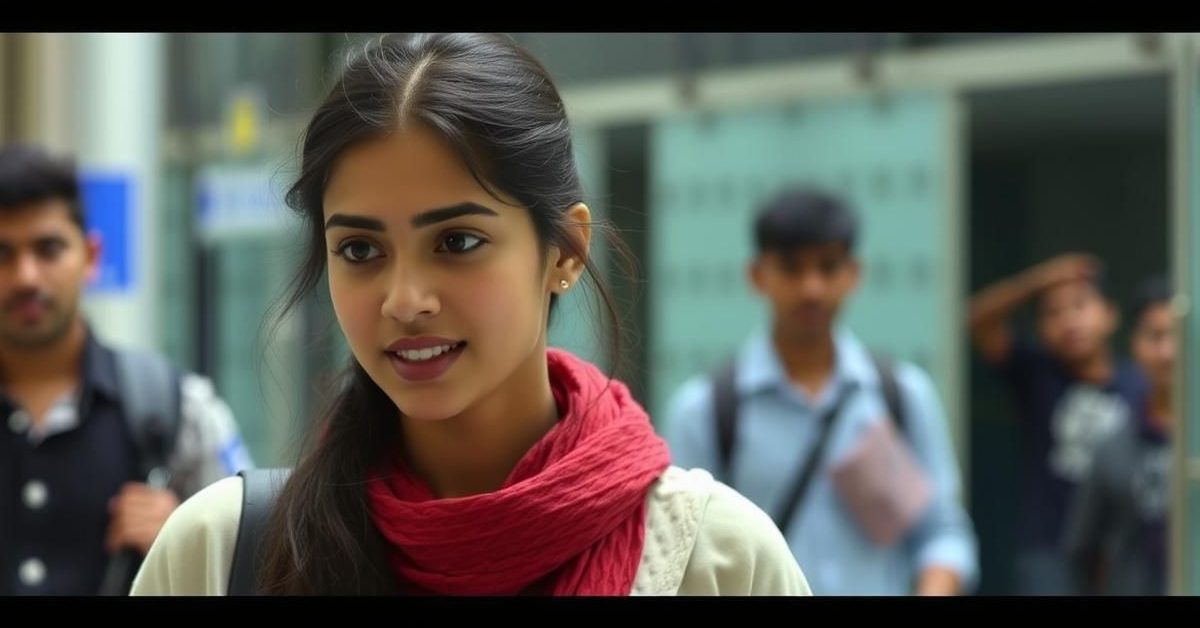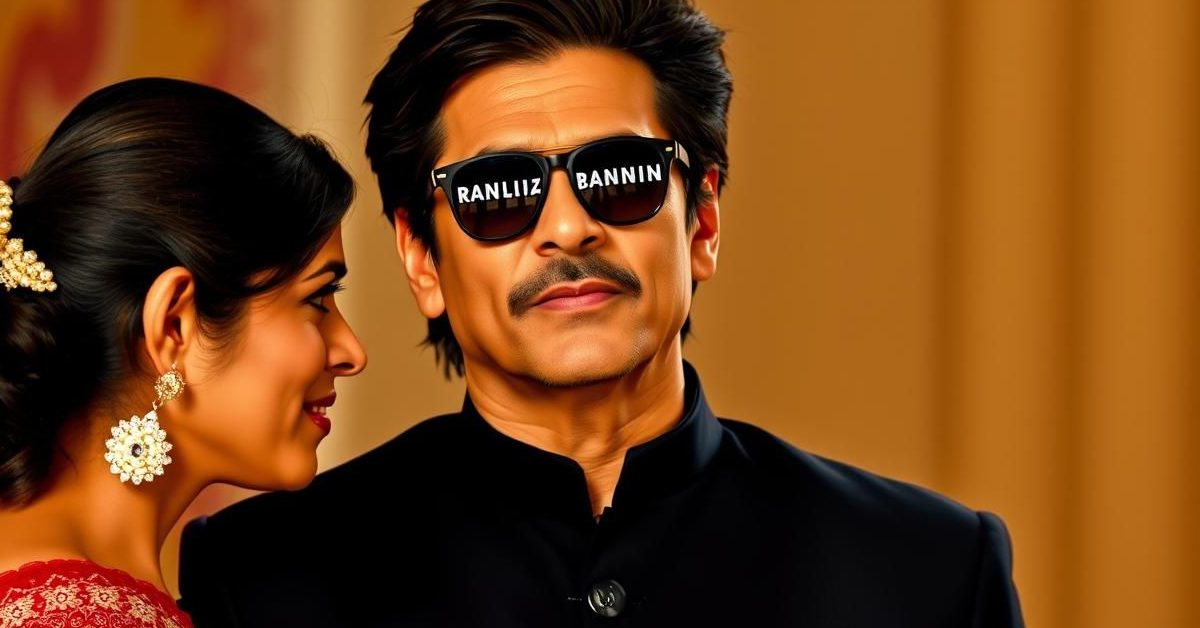Celebrating its 10th anniversary, the film Masaan masterfully shows how individuals can reclaim their narratives and find resilience when societal judgment threatens to derail their lives.
A Quiet Yet Powerful Story
In a world where many films demand attention with dramatic flair, Masaan chooses to whisper. Its appeal is slow, simmering, and ultimately unforgettable, leaving a lasting impact without overt brutality.
Initially, the film might feel like a simple slice of life. However, its true brilliance lies in conveying a profound message: despite heartbreaks, tragedies, and humiliation, life quietly continues.
Life Finds a Way
Disasters strike us all, whether it’s personal heartbreak or the inherited burdens of caste, shame, and poverty. Yet, Masaan illustrates that even after the biggest storms, the river flows on, quiet, stubborn, and eternal—much like the sacred Ganga in Banaras.
This enduring spirit, of simply getting up and choosing to live, is the core of Masaan’s poignant narrative.
Devi’s Journey: Defying Shame
Richa Chadha’s character, Devi, dares to explore her desires but is brutally shamed and blackmailed by police, leading to her lover’s tragic suicide. Despite the public humiliation and her father’s accusations, Devi refuses to break.
She confronts her grief and societal judgment head-on, moving to a new city and choosing survival as her boldest act of rebellion. Her quiet strength in the face of adversity is truly compelling.
Deepak’s Path: Breaking Barriers
Vicky Kaushal’s Deepak, born into the Dom community, works burning funeral pyres. His love story with Shaalu (Shweta Tripathi) is marked not by defiance, but by hope. Shaalu encourages him to pursue education and dream of a better life.
When an accident takes Shaalu away, Deepak is shattered. Yet, he channels his grief into ambition, completing his exams and securing a job. This quiet determination allows him to break a generational cycle, shifting his identity from the “Dom boy” to “Engineer Deepak.”
Beyond Romantic Tragedy: The Reality of Caste
Varun Grover’s Masaan reveals with brutal honesty that caste doesn’t just kill love; it stifles jobs, homes, futures, and freedom. The film powerfully portrays how, in India, one mistake or label can mark a person for life under constant societal scrutiny.
Unlike other films that frame caste conflict solely as romantic tragedy, Masaan shows characters living through judgment. It highlights the struggles of individuals who fight these labels daily, not with fists, but with choices and unwavering dreams.
Endurance Over Rebellion
The brilliance of Masaan lies in its restraint. It doesn’t aim to shock but to linger, to reflect. The film doesn’t glorify loud rebellion; instead, it celebrates quiet endurance. It teaches us that the fight isn’t always overt; sometimes, it’s simply waking up and choosing to live another day.
When Devi finally lets go of her lover’s gift, or Deepak releases Shaalu’s ring, it’s not about forgetting. It’s about healing, finding closure, and choosing to breathe again. Masaan reminds us that proving your worth isn’t about society’s validation, but about your own.
- Masaan highlights quiet resilience and endurance in the face of societal judgment.
- The film powerfully illustrates how caste impacts every aspect of life, beyond just romantic relationships.
- It teaches that finding closure and moving forward is a profound act of self-worth.
Ten years after its release, Masaan hasn’t lost its relevance or its power to provoke thought and reflect on the enduring human spirit.
